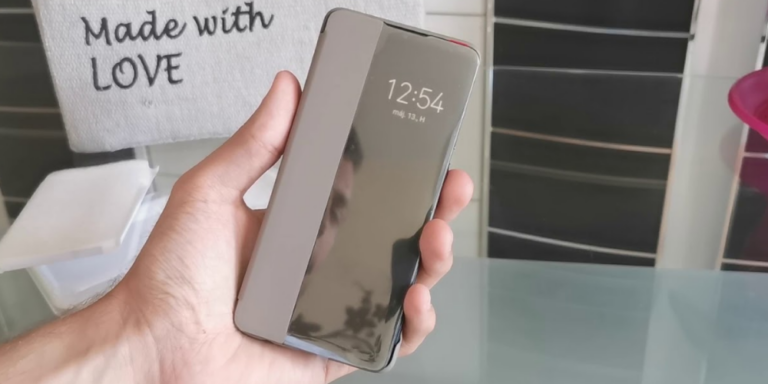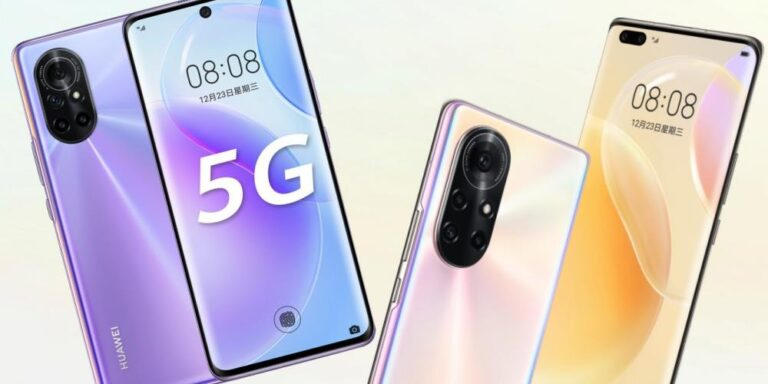Solar panels and power plants are the two most important parts of solar generators. You are able to store and transmit electricity using solar generators as long as the batteries of portable power stations work effectively. Typically, a battery’s lifespan can vary close to two to ten years. But after a while, efficiency will decline.
Substitutes for traditional gas-powered generators that are safer comprise solar-powered generators. They offer an indoor power solution that is economical, secure, and quiet. Likewise, they are regarded as a clean energy source because they refrain from emitting toxic gasses while in operation. You can click here to this link so that you can get information about the kinds of solar generators.
Maintenance of Solar Generator
The maintenance requirements for solar generators are minor. You have to look after the battery and maintain the generator and generator appropriately. The steps, such as keeping it plugged in while not in use or fully charging the battery before keeping it and topping it off periodically, should be described in the directions.
Purchasing of Solar Generator
There are several things to take into account before purchasing a portable solar or solar backup generator.
- You have to decide how much electricity you need to produce. This will vary depending on how many lights and appliances you need to run, as well as for how long.
- The precise position of your generator’s storage is the second thing you ought to think about. Find a safe, dry place where you can keep it so the elements are not damaging it.
- Finally, you have to figure out how often you need to make use of your generator. If you are intending to use it seldom, a smaller model might be adequate.
Kinds of Solar Generator
Solar backup generators and portable solar generators are the two distinct kinds of solar generators.
Solar Backup Generator
The electrical panel in your home is connected to a solar backup generator that is permanently built. When the electricity runs out, they instinctively turn on and provide backup power no matter how long the sun is shining.
Portable Backup Generator
Portable solar generators are tightly packed self-contained devices that can be used in many different kinds of locations and are cheap to transport. When there is no sunlight, they have integrated batteries to preserve solar energy.
Downsides and Benefits
We discuss the benefits and drawbacks of solar generators so you can decide whether or not one is best for you.
The Benefits of Solar Generators
- Once you’ve bought the generator, it might supply free energy because they work without using fuel.
- There is less disturbance because oil doesn’t need to be added or taken away.
- In terms of the environment, they are superior because they don’t emit any emissions.
- They give more autonomy because they do not emit carbon monoxide, and are frequently able to be utilized inside.
- If you use a solar house generator, it generates There is extremely little noise, which may be beneficial for you and others who live nearby.
- Over time, there are fewer responsibilities and a lower price of ownership because they require very little maintenance.
Solar Generators’ Drawbacks
- Since a solar power generator that is portable doesn’t have the same output as the majority of generators that run on gasoline, it might not be able to run as many appliances at once.
- Furthermore, it might not be able to power equipment or appliances that use a lot of electricity.
- In addition, it takes time for these generators to charge; it requires many hours of sunlight to function at full capacity.
- Although solar generators rely on the sun, sunny days are going to result in the highest-quality charges.
Final Thoughts
When the electricity supply goes down or you need some more energy while attending a sporting event or disaster preparedness, portable solar generators are an excellent way to have backup power. Furthermore, they are excellent for those who want to live environmentally friendly and reduce their reliance on fossil fuels.











